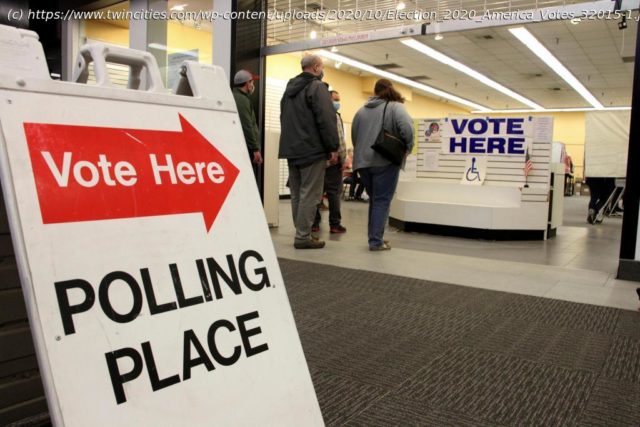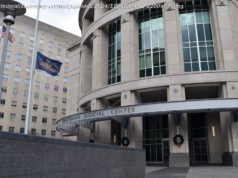Don’t Give In to ‘Election Stress Disorder’
From the droves of people voting by mail to the widespread protests for racial justice to the pandemic and worries about the electoral process itself, the 2020 election cycle provides “a recipe for a lot of angst” on Election Day, according to Alvin Bernard Tillery Jr., a professor of political science at Northwestern University. “We’re seeing a huge increase in the need for mental health services,” said Eva Escobedo, a therapist specializing in relationship issues at Just Mind, a counseling center in Austin, Texas. With the pandemic keeping many families apart, the usual rallying points — like shared love of a sports team — have frayed. “One of the very few things that remains, and not only remains but is heightened, is our political standing,” Escobedo said. “I think that people are way more polarized even within their families and essential groups than they ever have been before.” So how can you engage with friends and family members across the political divide on Election Day and afterward without succumbing to fights and finger-pointing? It starts with addressing your own big feelings. Prepare for no results. Uncertainty produces anxiety, but you can counter that, in part, by understanding what to expect on Election Day this year. In the past, many people have shared the ritual of watching the returns and staying up until the election has been called. This year, Tillery observed, there’s a significant chance that the presidential election will not be called Tuesday night. Just eight states have said they anticipate reporting 98% of the unofficial results by noon Wednesday, so many votes may not have been counted yet. Remember, this is not necessarily a cause for concern in itself: Tallying provisional ballots and ballots received by mail takes more time, and states like Pennsylvania and parts of Michigan don’t allow absentee ballots to be processed until Election Day. In some places, election officials may also need to reach out to voters to verify their ballots. All of this helps ensure that an individual’s vote is counted. “Voters should get some comfort from knowing that we do have counting procedures and auditing procedures and voter notification procedures that would make it better for us to be calm and let those processes play out,” said Myrna Pérez, director of the Voting Rights and Election Program at the Brennan Center for Justice, a nonprofit public policy institute affiliated with New York University. In the month between Election Day and the Electoral College’s Dec.8 deadline to settle disputes over the results, it’s possible that candidates will try to claim victory prematurely or manipulate the results.






